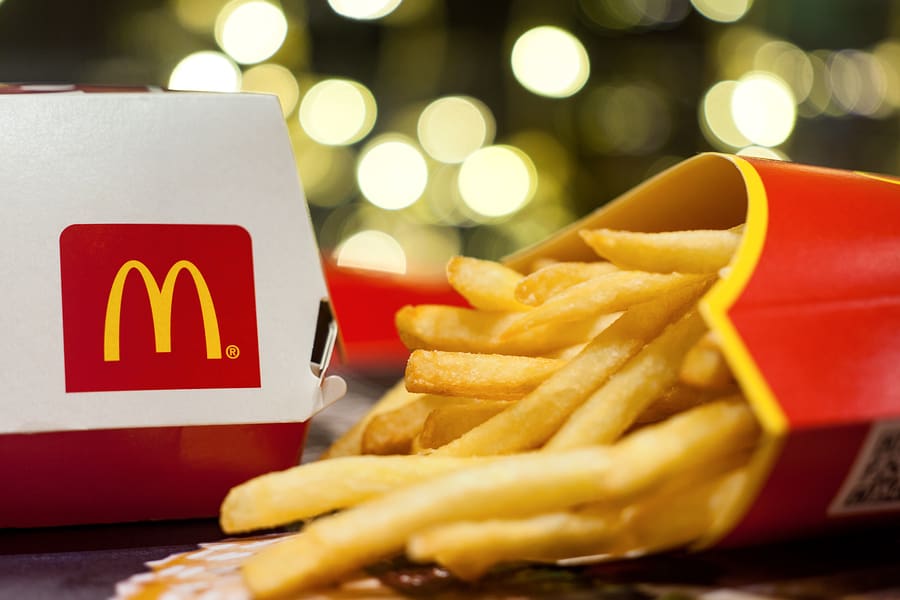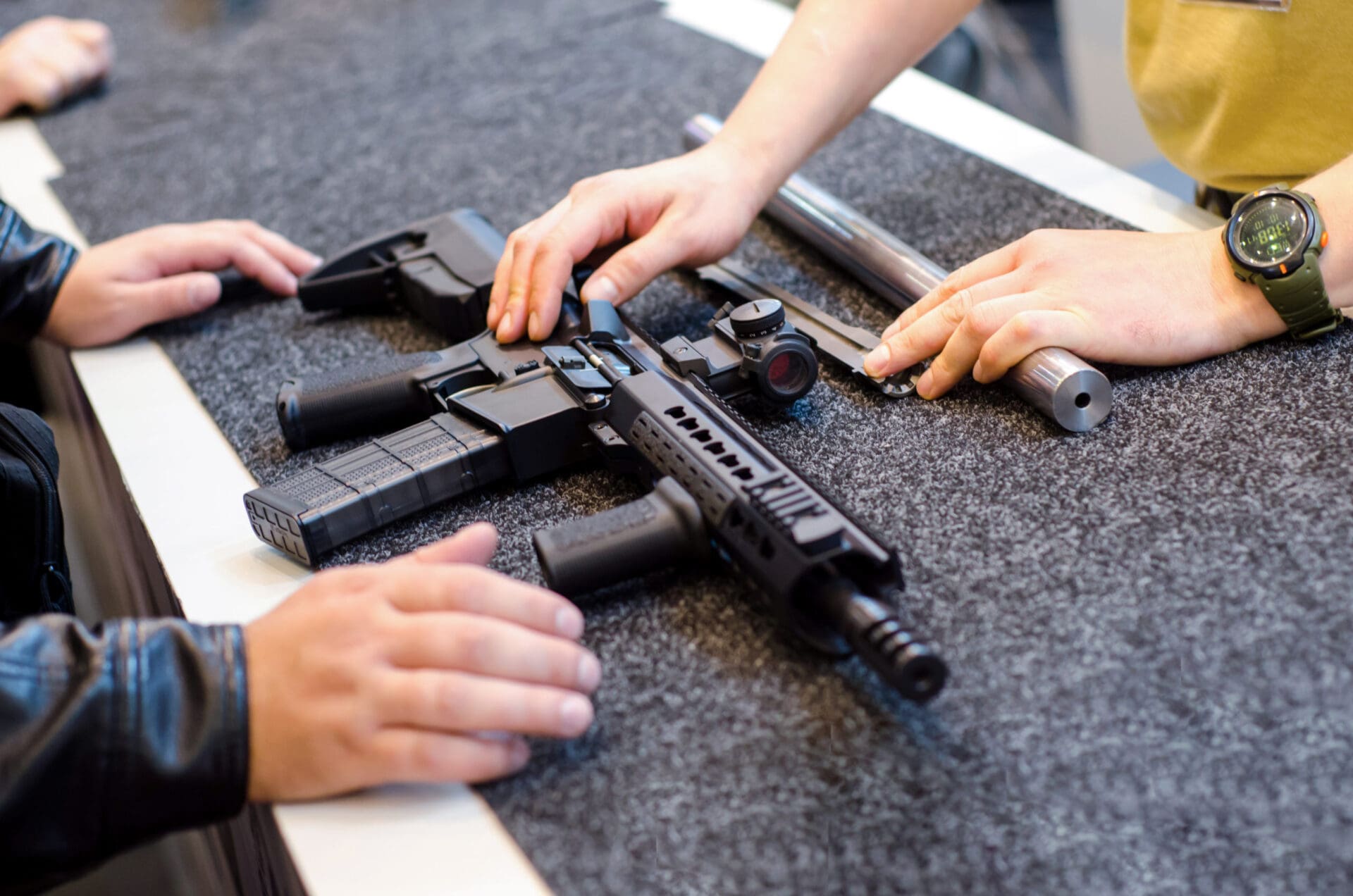
If you want to know why gun buy-back programs are a bad idea generally, I refer you to my previous post on Chicago’s “Don’t Kill a Dream, Save a Life Gun Turn-In” campaign. In this case, I’d like to highlight the fact that the LA program—which paid twice as much for “assault rifles” as the Windy City—reveals nothing so much as the impact of California’s broken down economy on low-income residents. Actually, here’s a quick look at the lap dog media meme on this lunatic buy-back idea. “Hundreds of cars snaked along a busy Wilmington street on Saturday – and each one of them had at least one gun inside,” the Contra Costa Times reports. “But by the time they drove off, the cars were weapon-free and their drivers were several dollars richer. And the community was a little safer.” How “little” are we talking about? Check the description of the guns involved . . .
The firearms ranged from scuffed old rifles to assault weapons to pearl-handled six-shooters to front-loading weapons that looked like something a pirate might have used.
Police were happiest about the number of handguns that were brought in because they’re easy to conceal and easy to use in crimes. One man brought in 17 of them.
“If they can shoot, they can hurt someone,” said Capt. Kevin McCarthy. “We take them off the street.”
And if ONE life is saved, it’s worth $200,000 in taxpayer-funded income redistribution. Oh, and at least that much in police time and resources (BTW). ‘Cause that money wouldn’t have been better spent enforcing existing gun laws in the proscribed manner, right?
This scheme is so hair-brained, even the Contra Costa Times can see the discrepancy between anti-gang hype and the action down at the police parking lt. They’re even willing to consider the possibility that it’s not effective.
The reason people brought in guns was as varied as the types of guns they brought: They had hunting weapons they didn’t use anymore. A gun-owning loved one had died. They just plain needed the money.
“I have an old shotgun I just don’t use anymore,” said Paul Galletta of Lakewood.
Gary Mucha of Lake Forest had three rifles in his car.
“We used to go shooting all the time, but we can buy food with them,” he said . . .
Opponents of gun control have questioned the value of gun buyback programs, expressing doubt that a significant amount of criminals will turn in their guns.
Police credited the increased traffic to hard economic times.
For Elizabeth Noss of Huntington Beach, turning in a gun was a hard decision. The rifle was a family heirloom made by her grandfather, a blacksmith.
“I need a hundred bucks,” said the former teacher. “I’m losing my house.”
Oh, the reason that all these buy-back program are going down on the same day: it was the day of the Million Mom March. The fact that the event got relatively no ink tells you even more about current efforts to tighten gun control laws. When the Supreme Court decision on the McDonald case comes down this summer, expect the erosion to increase dramatically.



